ABC-Kardias Pediatric Heart Center
The ABC-Kardias Pediatric Heart Center celebrates two years of being the only pediatric cardiology center in a private hospital in Mexico that has a pediatric unit dedicated exclusively to cardiovascular intensive care equipped with five intensive care rooms and three intermediate care rooms, an operating room, hemodynamics room, electrophysiology clinic, and doctors’ offices.
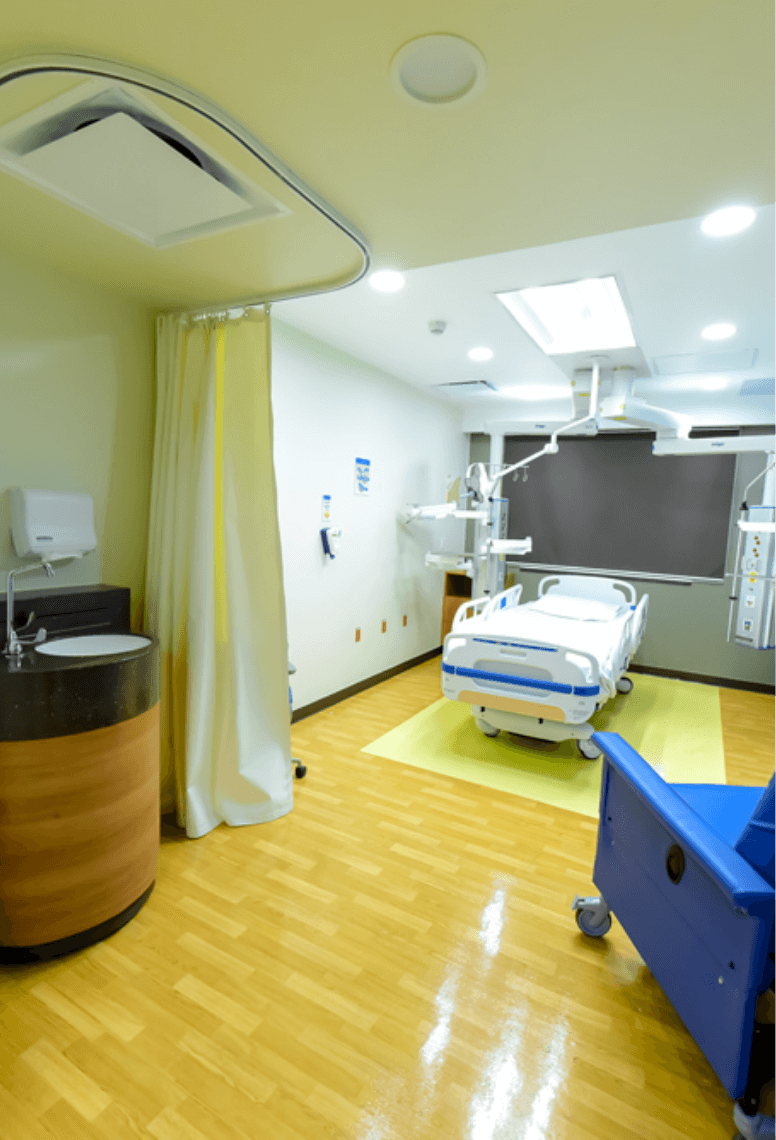
Pediatric cardiovascular intensive care unit (PCICU)
It is an area where children with heart problems are provided with specialized management and care, as well as constant monitoring of their vital signs and their organs’ functioning. In this area, trained medical and paramedical personnel are involved to care for the patient immediately after surgery. This medical staff, highly specialized and trained in pediatric cardiovascular care, will be present 24 hours a day, for as long as the patient requires the PCICU care.
The doctor who cares for patients in this area is highly trained and has updated and detailed information before and after the surgery, as well as situations that can put at risk and appear in the first hours and during the time the patient is hospitalized in intensive care. Likewise, the staff has specific data on the medical management provided in the unit to reduce the risks associated with the procedure performed and/or problems with the heart and other organs. They will follow the patient’s health evolution and will keep it stable so that it improves day by day.
We also have nursing staff specialized in pediatric cardiovascular care. They are male and female nurses trained and qualified to care for children. In addition, they have special training for the care of patients’ hearts and other organs. They have the knowledge to support and assist parents before, during, and after the procedure.

ECMO
At the Pediatric Heart Center, we have several support therapies that are used to help pediatric heart surgery patients recover, such as the use of oxygen, mechanical ventilators, cardiac support medications, etc. But when there is extremely severe organ failure, they cannot do their job satisfactorily (heart failure or respiratory failure) despite the use of the above therapies, or they have excessive support that can be detrimental to the patient’s health. In these cases, ECMO can be used: Extracorporeal Membrane Oxygenation.
The ECMO system is a piece of equipment that replaces the functions of the patient’s heart and lungs to help the organs’ inflammation subside so they can recover. Specifically, ECMO is considered a rescue technique for those patients who have severe deterioration in organ function, secondary to certain diseases, since when this therapy is not available the mortality rate highly increases. However, it is important to note that not all patients are candidates for ECMO and each case needs to be assessed by the team of doctors who work at the Pediatric Heart Center.
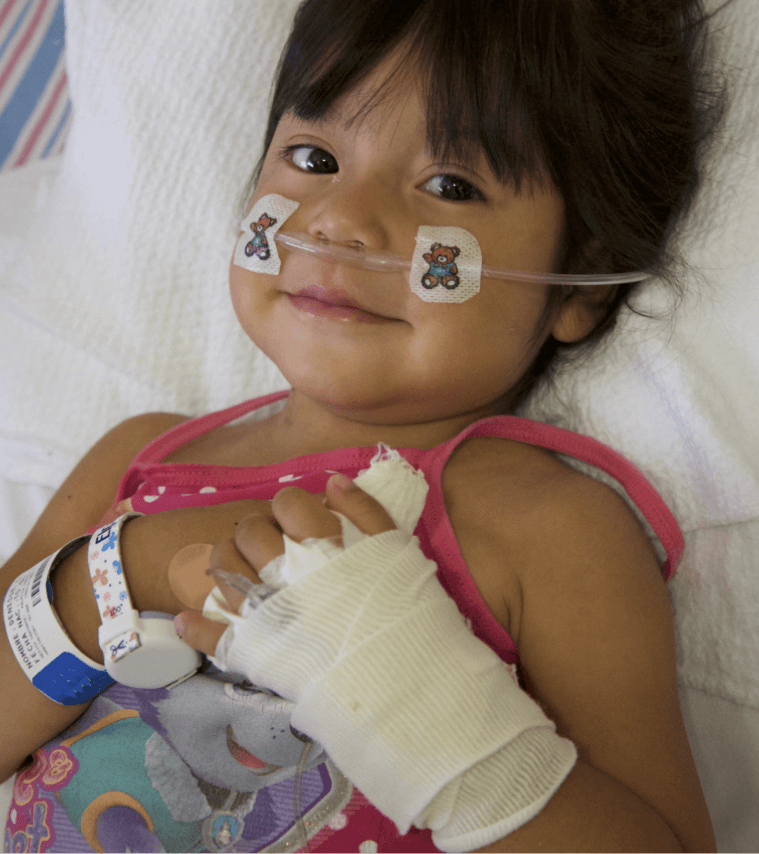
Pediatric Cardiovascular Intermediate Care Unit
It is an area where patients continue to be monitored by the aforementioned personnel. Once their health begins to improve, they require intermittent monitoring of their vital signs and their organs. In this area, parents remain by their children’s side, despite continuing with the aforementioned monitoring.

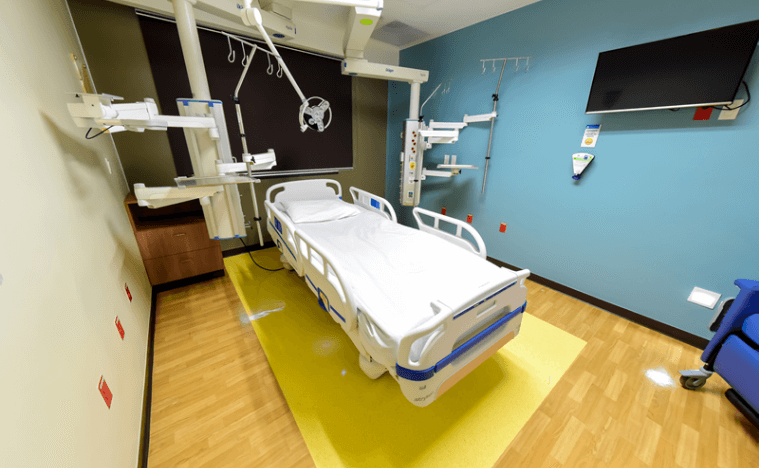

Follow-up and discharge
Once the critical phase passes, patients are discharged from intensive care and return to the hospitalization room where monitoring decreases. From this moment until discharge from the hospital, parents will have more interaction with their child and will actively help in their recovery. Some children will need to continue taking medications at home. The team will give instructions regarding physical activity and wound care.

Terms you will hear in intensive care
- Central venous catheter: a very thin tube (catheter), located inside the heart, used to evaluate the function of the heart as well as to administer medications.
- Arterial line: a thin tube (catheter), placed in an artery in the wrist or groin, that allows continuous monitoring of the force with which the heart pushes blood.
- Blood gas test: blood sample that reports on the function of the lungs and heart.
- Saturation: a monitor worn on a finger, foot, or hand, which continuously measures the amount of oxygen in the blood. Mechanical ventilator: a machine that performs the function of the lungs until children wake up and can breathe normally. Mechanical ventilator: machine that performs the function of the lungs until children wake up and can breathe normally.
- Pleural drainage: a tube placed through a small incision in the skin of the chest to drain fluid that may collect around the lung after surgery.
- Urinary catheter: tube placed in the bladder to measure the amount of urine and thus the kidneys’ function.
- Pacemaker wires: thin wires that are placed above the heart through the chest at the end of surgery in case of an abnormal rhythm. They are used to give the heart a normal rhythm, they are removed once they are not required.
- Transfusions: blood transfusions are necessary for heart surgery. All blood donations are meticulously studied to rule out the possibility of transmitting an infection through them such as HIV or hepatitis, among many others. Blood is not always available, so donations are required to replace the blood used in each procedure.
Where to Find Us
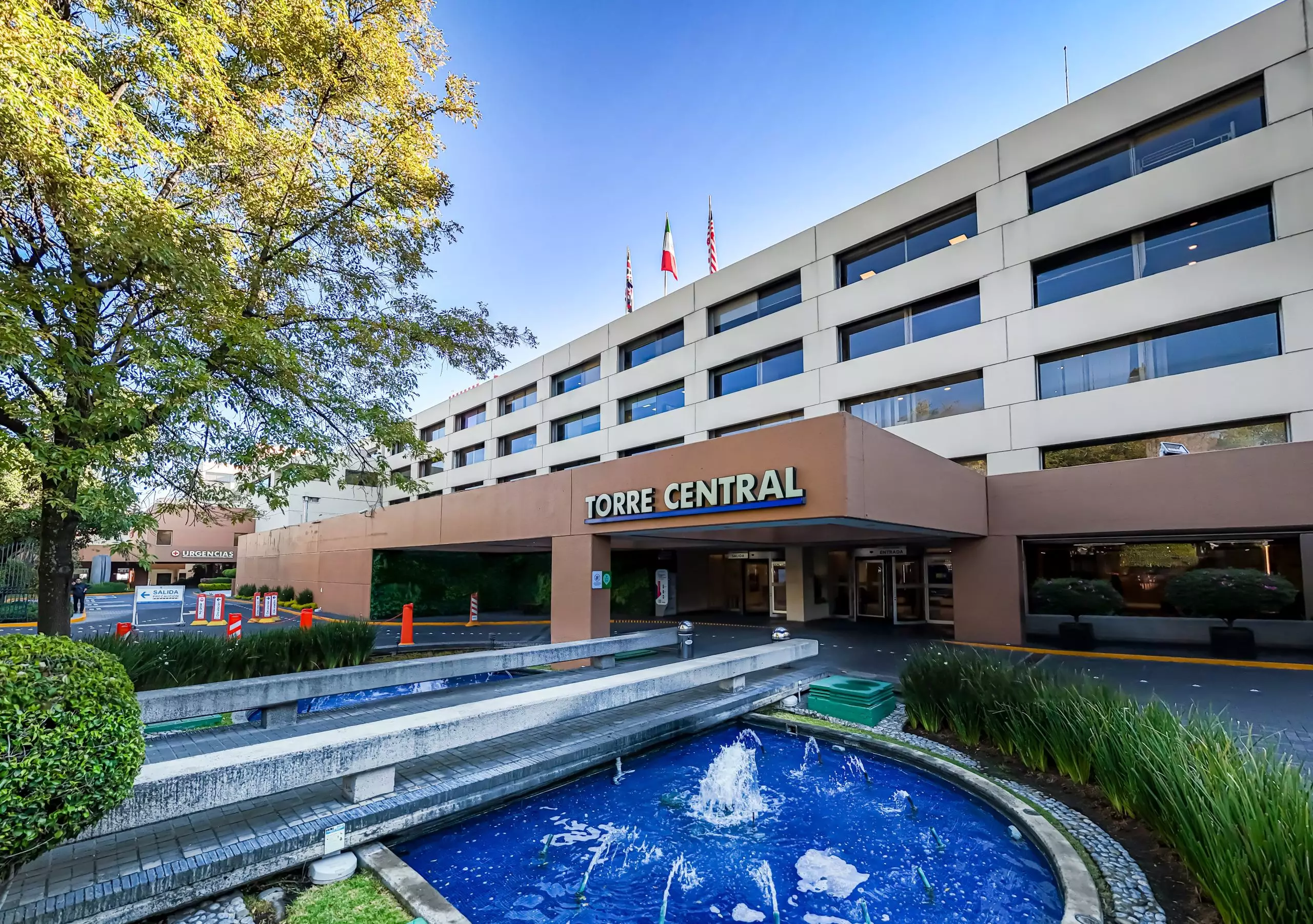
Campus Observatorio
Sur 136 No. 116, Col. Las Américas, Álvaro Obregón, 01120, Cd. de México.
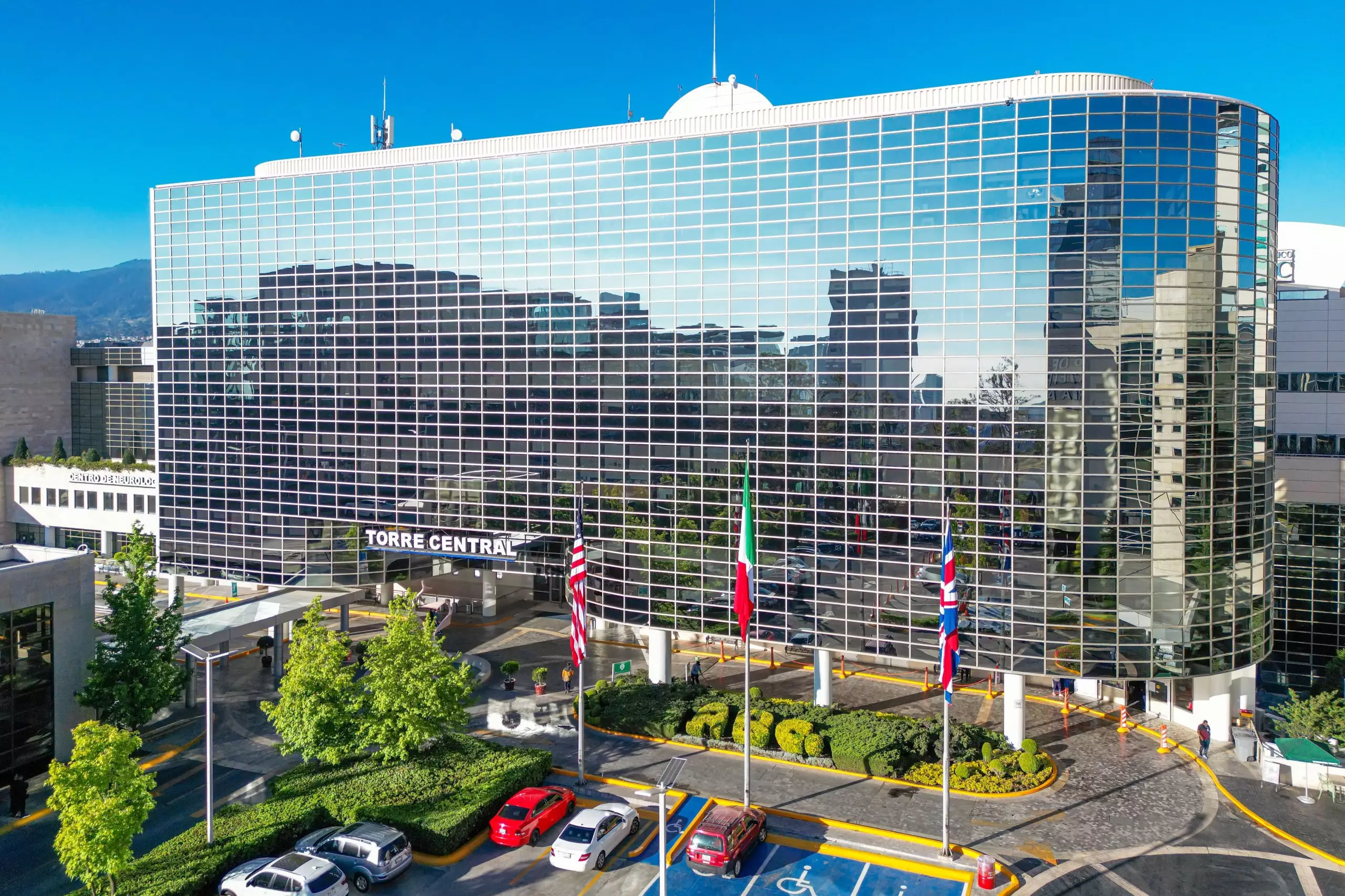
Campus Santa Fe
Av. Carlos Graef Fernández 154, Col. Santa Fe, Cuajimalpa, 05300, Cd. de México.


